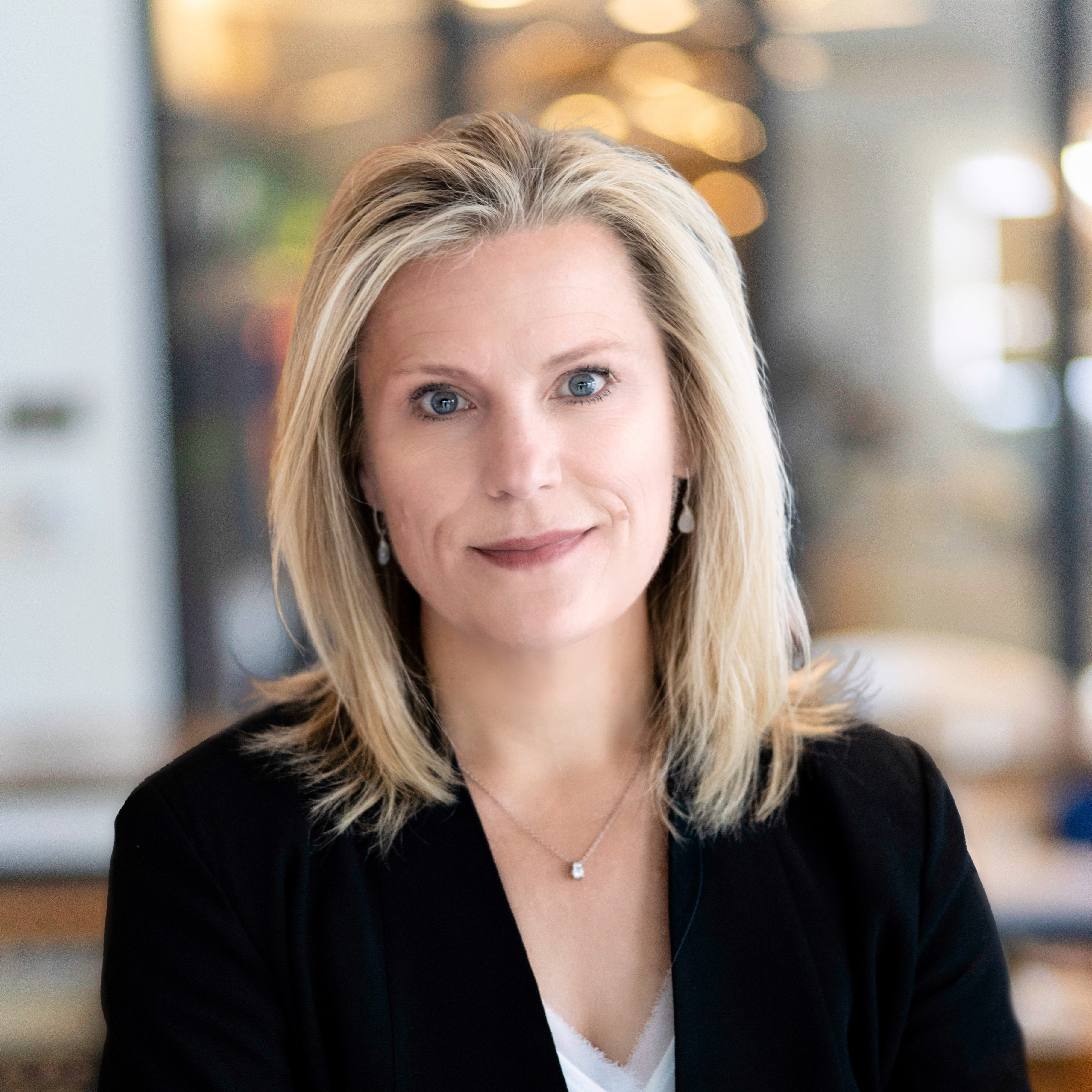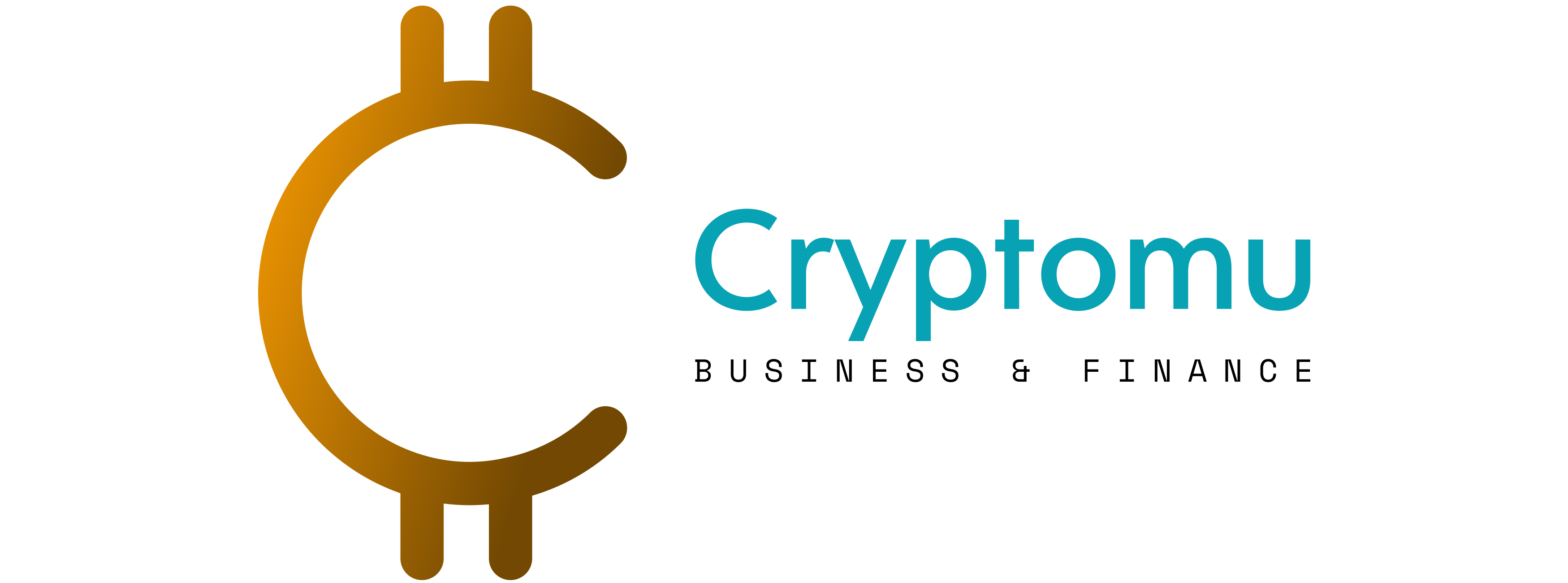While Adriana Carpenter started her career in finance, it wasn’t long before she knew she wanted to be an accountant. After earning a CPA credential at night school while working as a financial analyst and accounting manager at Texas Instruments, Carpenter moved into public accounting. She spent almost 12 years in PwC’s audit practice before moving to TeleTech (now TTEC) as global controller.
A move five years later to Ping Identity as chief accounting officer (CAO) provided an opportunity to contribute to the tech company’s IPO strategy and preparation, an experience that sparked renewed interest in the finance side of the business. In November 2021, she became CFO of Emburse. The privately held, Los Angeles-based company helps companies automate manual expense and accounts payable processes, streamline corporate and employee payments, and manage the business travel experience.
 Adriana Carpenter
Adriana Carpenter
CFO, Emburse
- First CFO position: 2021
- Traditional accounting
- Notable previous companies:
- Ping Identity
- TeleTech (TTEC)
- PwC
- Texas Instruments
This interview has been edited for brevity and clarity.
SANDRA BECKWITH: How did your career history help you rise to the chief financial officer position?
Adriana Carpenter: Each career move presented opportunities that allowed me to learn and grow. For example, at PwC, I gained pivotal experience as a 10A investigation auditor, and as global controller of TeleTech, responsibilities that included setting up shared service centers in multiple countries taught me what’s involved with establishing a presence overseas and exposed me to global tax strategy. As CAO at Ping Identity, I took advantage of the fact that we had a lean senior leadership team to reach beyond the accounting department and take on more responsibility in other areas of the company. That bonus experience also gave me an opportunity to contribute to the company’s strategic planning for the next three to five years.
I took advantage of the fact that we had a lean senior leadership team to reach beyond the accounting department and take on more responsibility in other areas of the company.
What advantages does your professional background offer?
Carpenter: My Big Four training helps, but my experience with multiple 10A investigations has given me such a great appreciation for risk. Because a 10A investigation means there might be some kind of fraudulent behavior, I had to uncover why each company made the judgment call at the heart of the problem. I approach judgment calls with a totally different mindset now. We have to document them, then look at that documentation and ask, “If I’m not there to comment, is this context correct? How will someone who reads this independently interpret it?” You have to make sure you’re protecting those making the judgment calls from scrutiny later on.
How do you determine who you hire in finance?
Carpenter: I don’t necessarily look for someone who has the exact experience with the role I’m hiring for or who checks all the boxes. Instead, I like to hire people who have a demonstrated history of being smart and ambitious, and who are stretching for it. Also, because I come from a Big Four background and know the talent that exists there, I’m a bit biased toward people with that experience. I have a huge network in the Big Four that I can leverage for referrals, and I go to that well often.
I like to hire people who have a demonstrated history of being smart and ambitious, and who are stretching for it.
What part of the path to the CFO role was difficult for you?
Carpenter: Initially, it was getting to the business side of the organization. If you’re the accountant, it’s hard to get people to invite you into the room for strategic discussions because they view you as representing a compliance function. Once I started getting exposed to more of the business side at Ping, I started to say, “I really do want a seat at the table” and articulated the value I brought to it.
Was becoming CFO always the goal?
Carpenter: It wasn’t until I was involved with the IPO at Ping. Then, to help get me on the CFO path, I began a self-discovery process that included figuring out how I wanted to show up as a leader. My work included attending a summit for female executives that completely changed my life by helping me adjust my approach while still showing up as who I am.
Would you recommend the path you followed to others hoping to become CFOs?
Carpenter: If you’re on the accounting track, get your finance and business operation experience much sooner in your career than I did. It is very difficult to go from a controller or CAO position to the CFO role. Companies and boards aren’t usually willing to go that route because they believe you’re missing experience around FP&A, strategic planning, KPIs, and other areas. If you have aspirations to cross over, you have to be broadening your skill set – and the sooner you do that, the better.
Sandra Beckwith is a freelance business writer and a frequent contributor to CFO.
![]()
